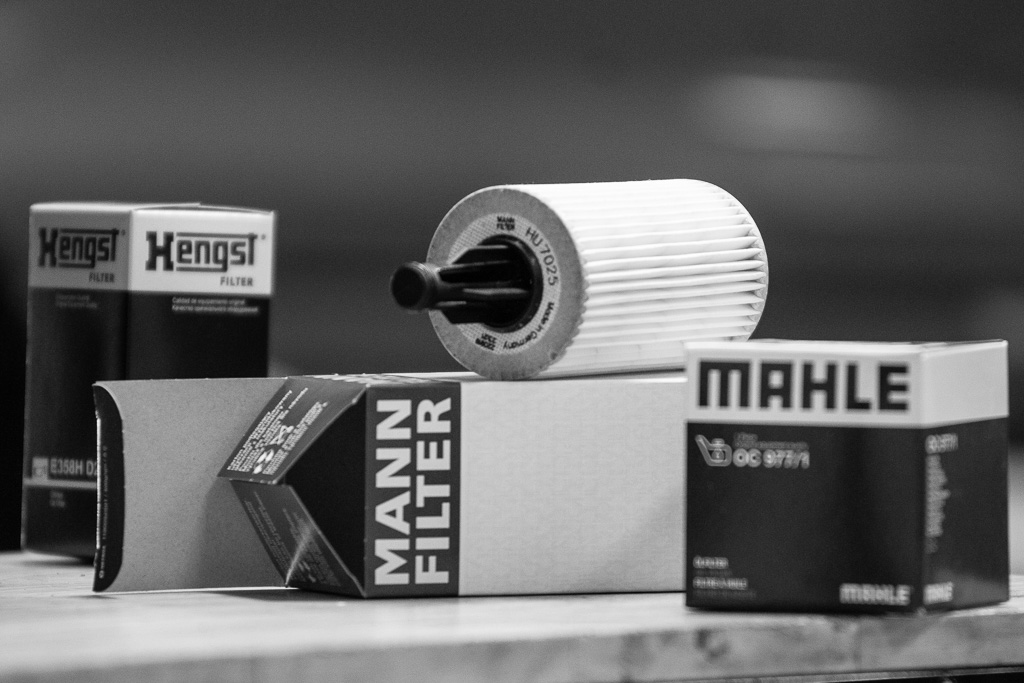There is no single answer to this question, as there are many factors that can contribute to engine issues in modern cars, including oil change intervals. Here are a few possible explanations:
Extended oil change intervals: Many modern cars have longer oil change intervals than older cars, which can lead to problems if the oil isn’t changed frequently enough. This is because oil breaks down over time, and if it isn’t changed regularly, it can become less effective at lubricating the engine and protecting it from wear and tear.
Although engine oils have gotten better, Canada’s climate is considered extreme due to its wide temperature fluctuation. This will cause condensation to form in the engine oil reducing its lubrication capacities.
Thinner engine oils: In an effort to improve fuel efficiency, many car manufacturers are now using thinner engine oils. While these oils can provide better fuel economy, they may not provide as much protection as thicker oils, especially if the oil change interval is extended.
More complex engines: Modern engines are often more complex than older engines, with more components and tighter tolerances. This can make them more susceptible to damage from dirty or worn-out oil, which can build up and cause problems over time.
Driving conditions: Finally, the way a car is driven can also play a role in engine issues. Cars that are driven in stop-and-go traffic, for example, may need more frequent oil changes than cars that are driven primarily on the highway. Additionally, cars that are driven in extreme temperatures (either very hot or very cold) may also need more frequent oil changes to compensate for the added stress on the engine.
An oil change is an inexpensive safeguard to prevent premature engine wear. Book your appointment today!








